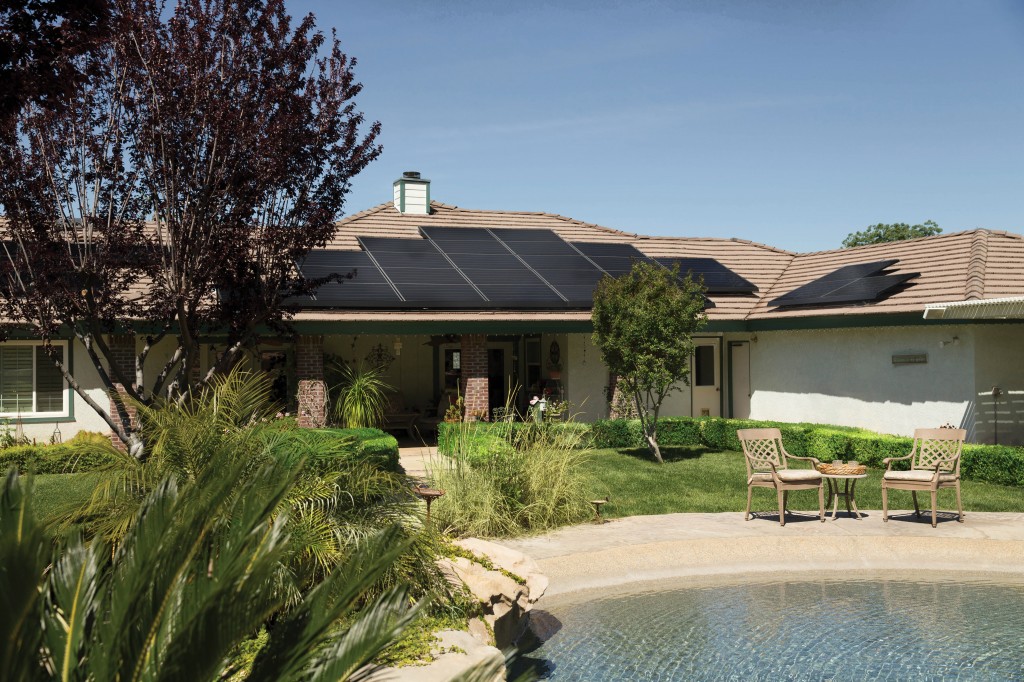-
Lot Size18,296 sqft
-
Home Size2,733 sqft
-
Beds4 Beds
-
Baths3 Baths
-
Year Built2003
-
Days on Market3
Importance of Title Insurance for Solar Powered Homes
- Real Estate Tips
- September 12, 2019
 Are you considering making the switch to renewable energy? There are many benefits to using solar power to power your home, including lower energy costs, increased home value, reduced greenhouse gas emissions, and so much more.
Are you considering making the switch to renewable energy? There are many benefits to using solar power to power your home, including lower energy costs, increased home value, reduced greenhouse gas emissions, and so much more.
But this increase in renewable energy has stirred up many questions, specifically about title insurance.
What are Solar Easements for Solar Powered Homes?
Solar easements give homeowners rights to legally protect their access to sunshine. If you live in close proximity to a neighbor with tall trees on their property, having a solar easement ensures that you have the right to direct sunlight for your solar powered home.
A solar easement would ensure that your neighbors’ trees do not obscure any sunlight. This right would mean your neighbor could not grow their trees above a certain height because otherwise, your solar power production would be affected.
Solar easements also allow a third party to construct solar panels on a landowner’s property. California has solar easement policies in place that allow homeowners to acquire a solar easement.
What are Solar Leases for Solar Powered Homes?
Unlike solar easements, solar leases give homeowners the right to lease solar equipment from a business for energy use.
There are many benefits to solar leases, such as saving costs for installation and being able to start using solar power right away. However, homeowners may run into some issues if they decide to refinance or sell their property while leasing.
Issues for Homeowners with Solar Leases
Oftentimes, the solar lease will stipulate that the new homebuyer must be eligible to continue to lease the solar equipment. If the potential homebuyer cannot continue the lease or is not approved, the new buyer may be expected to buy the solar panels from the leaser.
Another issue that may come up is the Uniform Commercial Code (UCC) financing statement that is often attached to solar leases by solar companies. A solar power equipment lender may deny homeowners the right to convey the property if they believe the UCC financing has a superior lien to mortgage.
Luckily, there are two ways to go about tackling this issue. Homeowners can simply inform the lender that they wish to refinance or sell their property. This gives the lender time to subordinate the UCC filing or cease the filing and reinstate it with the new homeowner’s mortgage.
Title insurance may be obtained if all other options fail. But if the solar panels on the property are considered fixtures, the property value may be affected. Whether panels are considered fixtures or personal property is best determined by an agreement between the homeowner and the solar leasing business.
Obtaining and Protecting Your Right to Solar Energy
Using solar power is beneficial to homeowners and the environment. But before installing solar equipment, decide if you would like to own the equipment or lease it. There are benefits to both, but your personal situation may determine which route you choose. If you decide to own the solar panels outright, protect your right to the sun to ensure you receive adequate solar production.



